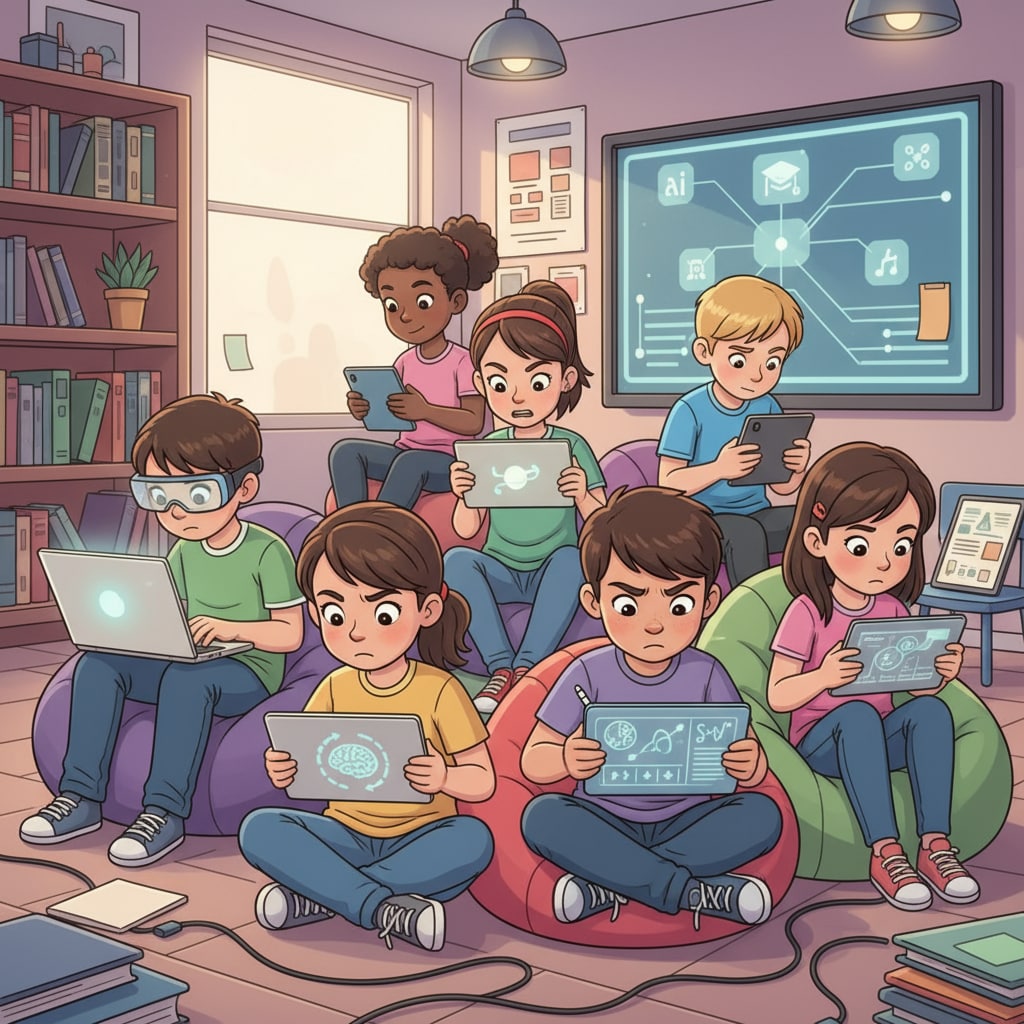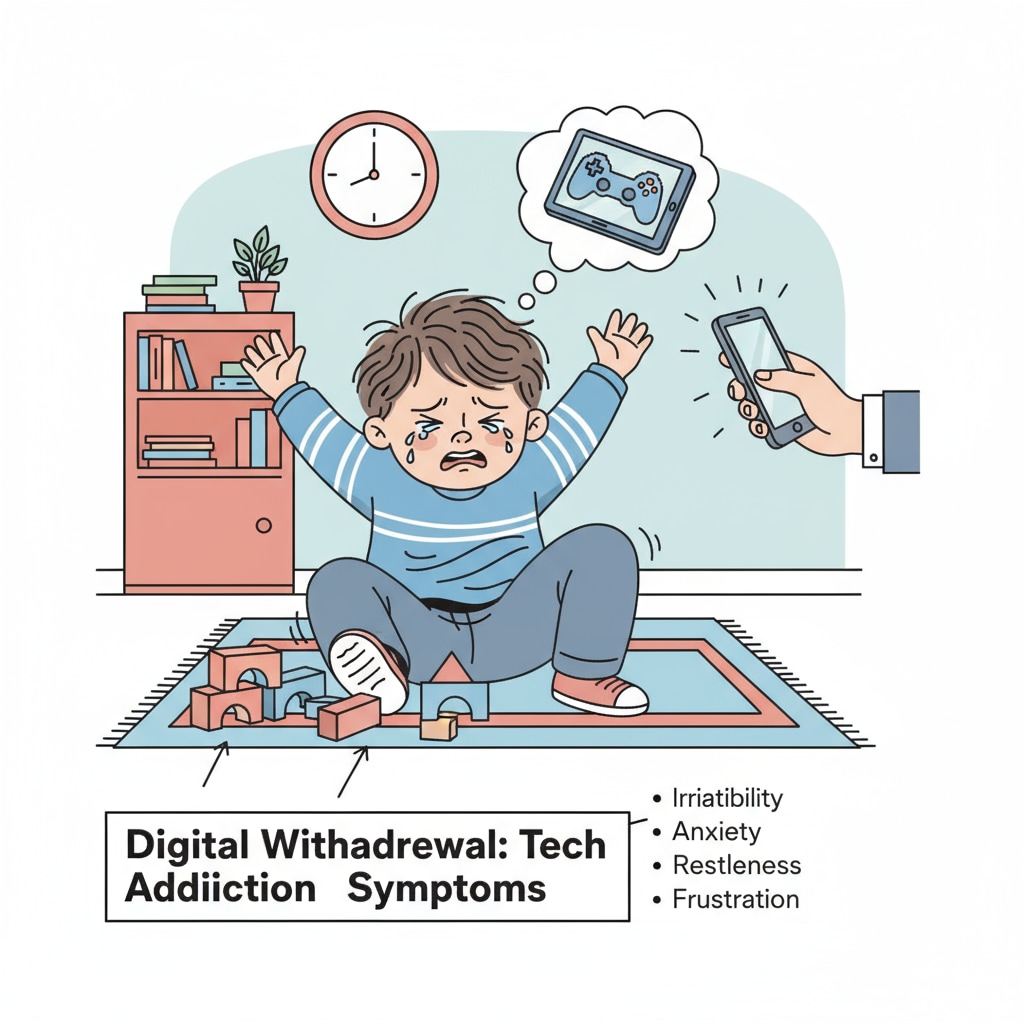In the modern age, the issues of tech addiction, child education, and mental health are intertwined. Children are being exposed to an ever-increasing amount of technology at a very young age. This overexposure is leading to a rise in tech addiction among children, which in turn is affecting their mental health and educational development.

The Alarming Rise of Tech Addiction in Children
Nowadays, it’s common to see young children glued to their tablets, smartphones, or gaming consoles. According to CDC research, the time children spend on digital devices has skyrocketed in recent years. This excessive use is not just a passing phase; it’s leading to addiction. Tech addiction can be defined as an excessive and compulsive use of technology, often to the detriment of other aspects of life such as social interaction, physical activity, and academic performance.

The Impact on Mental Health
The connection between tech addiction and children’s mental health is undeniable. For example, studies have shown that prolonged screen time can lead to increased anxiety and depression in children. Social media, in particular, can create a false sense of reality, causing feelings of inadequacy and low self-esteem. Moreover, lack of face-to-face interaction due to excessive tech use can hinder the development of crucial social skills, which are essential for a healthy mental state.
The Role of Child Education in Combating Tech Addiction
Child education plays a vital role in addressing this issue. Schools can incorporate digital literacy programs that teach children about the proper use of technology. These programs should not only focus on the benefits of technology but also on the potential risks. Additionally, parents need to be involved. They should set clear boundaries and limits on their children’s tech use, creating a healthy balance between screen time and other activities like reading, playing outdoors, and engaging in family conversations.
In conclusion, the issues of tech addiction, child education, and mental health are complex but solvable. By recognizing the problem and taking proactive steps, we can ensure that children grow up in a balanced environment, where technology is a tool for learning and enrichment, rather than a source of addiction and mental health issues. It’s time for families and schools to come together to protect the next generation from the potential pitfalls of excessive tech use.
Readability guidance: As seen above, we’ve used short paragraphs and simple language. The lists help summarize key points. We’ve also made sure to keep the passive语态 at a minimum and used transition words like ‘for example’ and’moreover’ to make the flow smooth.


